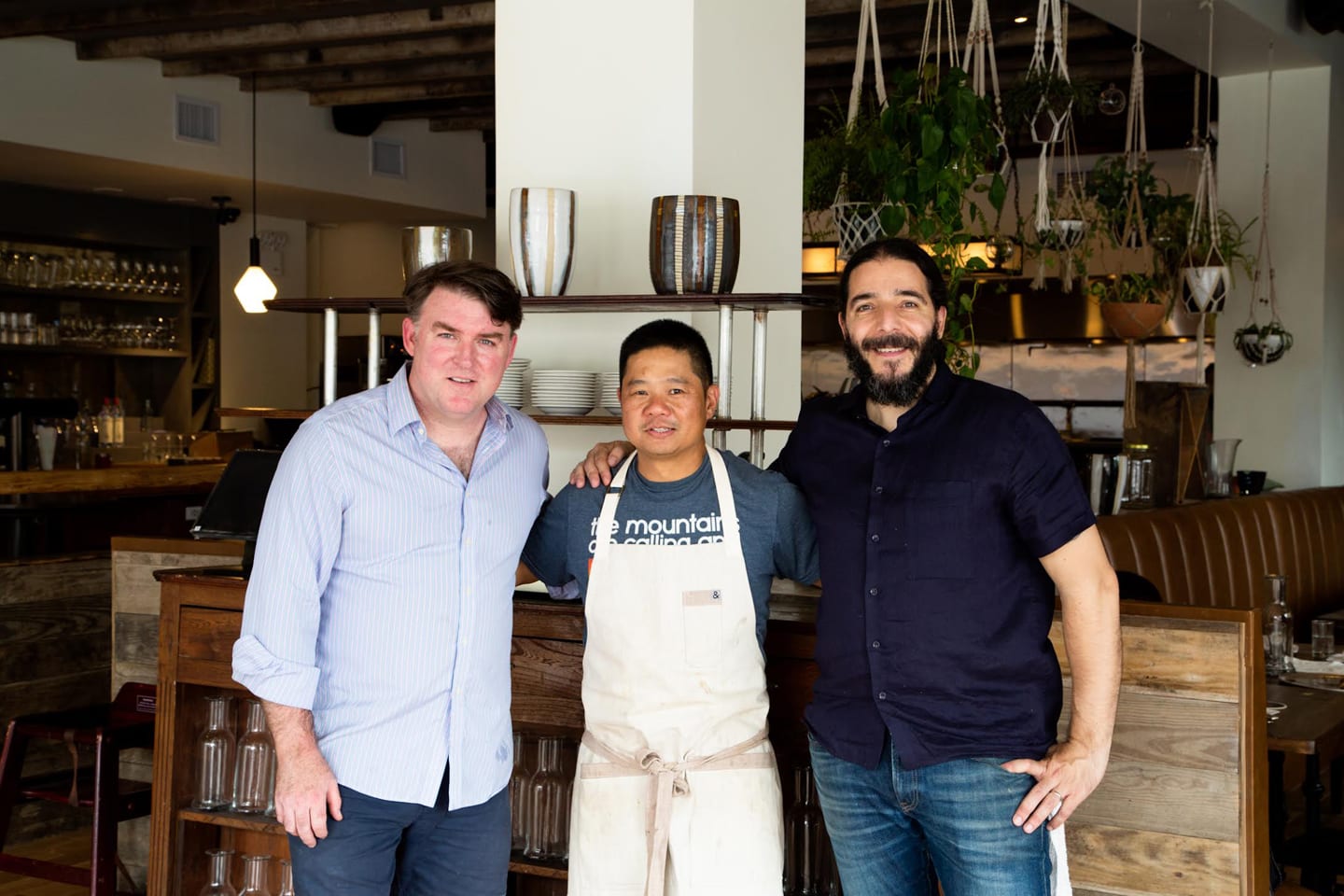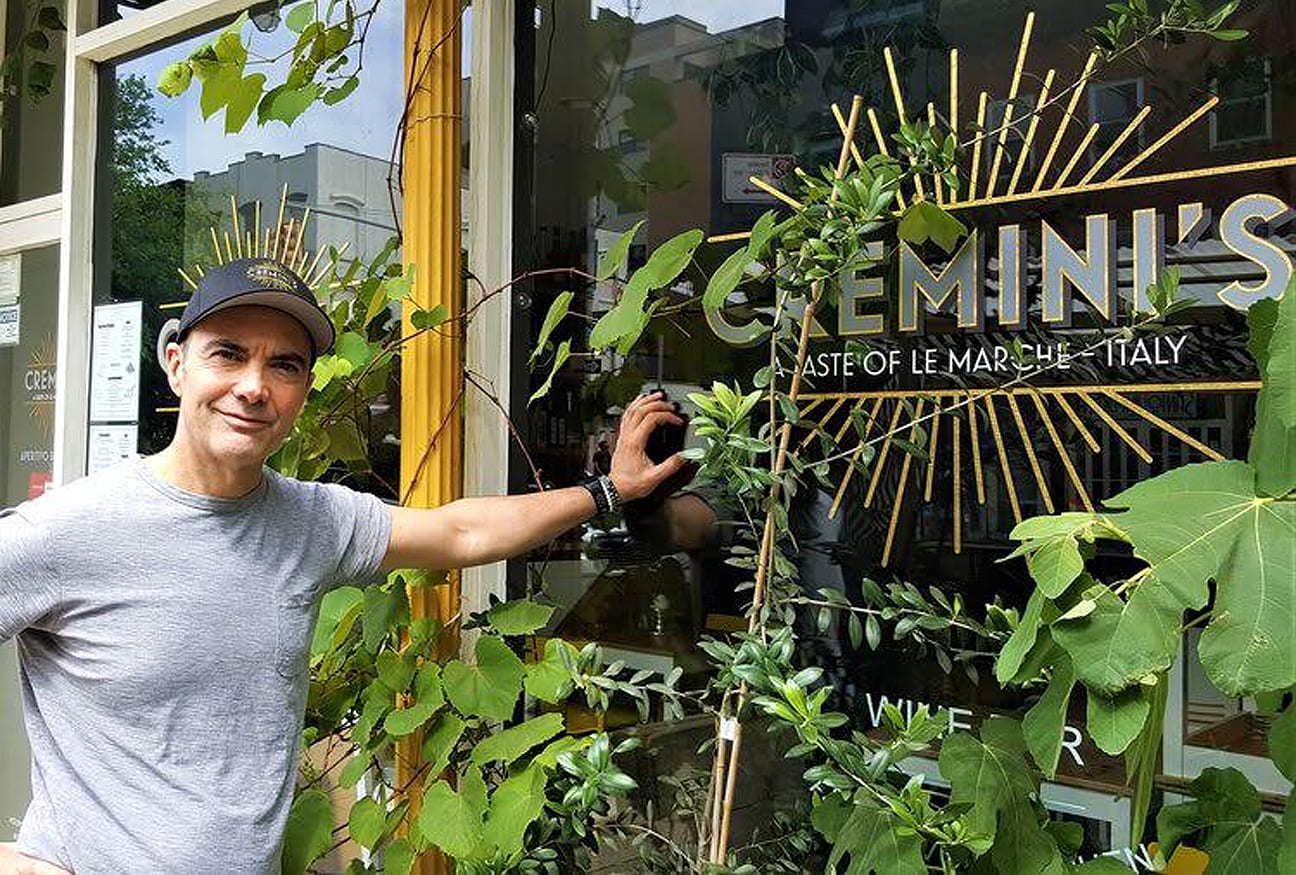The retail food industry has faced challenges and opportunities in 2022. This year brought continued COVID-19 pandemic disruptions and rising financial pressures from inflation, dramatically driving up costs for both retailers and consumers.
The Consumer Price Index for all consumers rose more than 0.4% from August till now, and all prices were up 8.2% year-over-year, according to U.S. Bureau for Labor Statistics. Inflation slightly exceeded expectations of 8.1% annually.
The report showed all six major grocery store food groups saw higher prices with cereals and bakery products costing 16.2% more than a year ago. Dairy and related products cost 15.9% and the remaining grocery store food groups posted increases ranging from 9% on meats, fish, and eggs to 15.7% for other food products, BLS reported. Restaurant food costs rose 13% year-over-year which was also pushed higher by expanding free lunch programs at many schools, BLS said.
Given this backdrop, 2023 is poised to be an incredibly important year for the industry as grocers and retailers look to not only navigate but also thrive, in this rapidly shifting landscape. From leveraging new data and technologies to prioritizing environmental, social, and corporate governance (ESG) accountability, below are four predictions for what’s ahead in 2023 and beyond.
The accounting and advisory services firm asked executives at food manufacturers, restaurants, distributors, retailers, and agriculture producers about a variety of issues integral to the health of the industry. It found 69% of respondents have a positive outlook on the industry over the next year, compared with 20% who have a neutral perspective and 16% who have a negative view.
Nearly 70% of respondents said revenues were up in 2022 compared with 2021, including 48% who said revenues were up 10% or more.
Revenues aren’t the only thing on the upswing, according to the survey. Forty-five percent of food and beverage executives said they grew their workforce by 5% or more in the past 12 months, and 20% said they grew their workforce by 10% or more. Nearly half of respondents said they expect to grow their workforce in 2023.
Approximately 70% of executives expect revenues to grow in the next 12 months. Twenty-one percent of respondents said they expect to see revenues stay the same in 2023 and 10% said they expect to see revenues decline.
The owner of the Italian Cremini’s Restaurant, in Brooklyn, Riccardo Massetti, has 20 year of experience in marketing and communication, big events, and catering. His partner Elena Salati, Chef and Architect in Italy, always divided her time between her two passions, interior designs and a small company dealing with catering for events such as weddings.
In 2019 they got married and decided to open the restaurant
“The idea stared as a joke, but turned into a real project, and we came up with a format for an Italian restaurant focused on regional cuisine from Marche region that was not in the American market and absolutely unique and special”, says Massetti.
During the lockdown, Massaetti describe his business experience like a wave that started at the beginning of the year with a lot of pressure on commodity prices and consequently on their margins. In the second part of the year the wave hit the end consumer, prices skyrocketed, and people started to get a little bit scared. Consumption contracted. As for us, we retained our regulars and ended the year with a good percentage growth compared to last year, which had been a very good year.
“Covid spurred us on and gave us new ideas, especially because we did not receive any funds from the government. We always stayed open, expanded our menu and served our community as well as Park Slope Hospital. It was a creative and at the same time very hard challenge, but we never gave up the quality of our food. And that rewarded us in the end. 2023 is going to be a decisive year, there are several global pressures, both economic and social, but we are optimistic people at Cremini”s, and that’s why we will continue to pursue our mission, which is to share the authentic experience of food that is good for the mind and body.”

Stand out from the others restaurants Riccardo Massetti said you must have the courage to take risks. They keep their special menu from the regional tradition of Marche, in Italy, and they have some difficulties explaining the region and the food to customers in the beginning. However, they were successful and said transparent communication was key.
For 2023 they want to grow in a sustainable way, without losing quality.
“We will have to make important decisions such as making new investments to open a spin off of Cremini’s. As for the implementation of the business plan, there will be many surprises, we are going to discover ancient recipes related to folk tradition that we will include both in the regular menu and in the specials we make every month.”
They also talk about how important it is for a restaurant to protect your logo as your identity. In fact Cremini’s – A taste of Le Marche region, Italy it’s logo, is a registered trademark in the United States in 2021. Clearly, a registration alone is not enough, but you have to create a relationship of trust with people by speaking sincerely and as inclusive as possible every day. We like to think we have created a lovemark.
For the co-owner of The Queensboro restaurant in Jackson Heights, Queens, Dudley Stewart, open since 2018, the experience was more intense. “We experienced pretty much all of the effects of covid – Jackson Heights was the epicenter of covid in the United States so we witnessed it all up close. It was tragic and heartbreaking, as well as nerve wracking from a business survival point of view, but there was also a lot of hope and optimism and also many affirming stories that helped keep us going.
2023 is going to be a very challenging year for us in the restaurant industry. The current situation has led to even narrower margins than before which will require us all to raise our prices accordingly. While consumers in other industries understand the pressures of inflation, it’s much more difficult to convince restaurant customers to accept paying higher prices. It is up to us to educate our customers that we are not gouging them, and that even with raising prices it’s likely our margins will be even slimmer than before, and that if they don’t accept these changes and support their favorite restaurants it’s very likely those restaurants will be gone within the year.”
Besides that, Dudley says he also was able to see – in the middle of the caos – an opportunity to connect with some of their neighbors who might otherwise not have heard about them, a chance to help people who are suffering from food insecurity.
He and his partners learned how to change their direction several times to try and keep the doors open, and the ovens running, and to bring in work so they could pay their employees. “We learned just how important it is to be in touch with your community. Many of our neighbors came to our rescue and we are grateful to them for this, and we have continued to keep them in mind with everything that we do.”
For 2023 they are hoping that things will be less volatile and are going to focus on three key aspects of our business: Maintaining the quality they are known for and keeping it as affordable as they can, building deeper ties into their community, and expanding their reach as much as possible.
“One important part of being consistent is keeping the same employees and we’re proud of having very little turnover. This allows our customers to get to know our front of house staff, and it allows the kitchen to be able to continuously put out quality food that will delight our guests. This all comes from treating your employees with respect and basic human decency, which isn’t difficult but surprisingly hard to find in this industry, To improve our standing in the community we will focus on having more events at the restaurant, opening our doors to more community groups and creative people who need a space, and bringing in a more diverse set of talent when we search our musicians and artists.”
Without a doubt our work within our community has resulted in the most recognition and good will. We’re lucky to be where we are, people have reacted in the most positive way possible to our efforts to feed people during covid and they’ve been the best ambassadors for our restaurant. We strongly believe that a restaurant like ours should be a cornerstone in the community, so even if it didn’t result in positive reactions we would continue doing so, but it is heartwarming to hear nice things said about us, it encourages us to do more and we are grateful to everyone who stands by us.
VIVIANE FAVER
Journalist
vfaver@gmail.com


